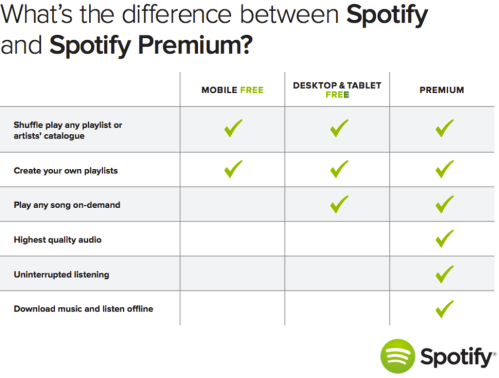The article “True Cost of a Burger” discusses the unseen costs (externalities) that a typical person getting a burger from a typical fast food restaurant will probably not think about. The first cost discussed was the litter. When a burger wrapper gets tossed on the ground, a worker has to come and pick that up, adding to the negative cost of the burger to the government. And if the burger and the wrappers end up in the trash, they will take up space in a landfill, which also costs the government money. There, they will decompose and release harmful chemicals into the environment (mostly methane). Another cost discussed was the carbon emissions of burger production. Looking at just the burger meat, “each pound of burger meat accounts for roughly 25 pounds of CO2 emissions” (Bittman 14). According to the government’s calculations of CO2 emissions to cost in dollars, just carbon emissions of meat cost about 53 cents per burger. Considering that a burger costs 70 cents-2 dollars, this is a significant amount. There are costs to consumers as well. Fast food has been linked to causing deadly chronic diseases and antibiotic abnormalities within frequent consumers. Obesity is also a big threat to fast food consumers. These are all negative costs that aren’t explicit in the the cost of a burger, therefore, they represent the “true cost of a burger” by discussing some of the externalities of burger production.
A Pigouvian tax would be the better solution to this problem. This is because there are too many variables that the Coase Theorem does not account for. There is no clear way to set property laws for air and water pollution, as they are global resources and are the responsibility of every country involved. Since so many people eat burgers, there is no way that burger producers can compensate for the harms they caused to all of those consumers and even to people who are not consumers. Coase might argue that the responsibility is shared equally between the producers and the consumers since the consumers are choosing to eat the burgers with all of the negative side effects on their health and the environments, but that’s like putting candy-shaped and candy-flavored pills in front of a child and expecting them not to eat the pills, even though you warn them the pills might be dangerous. Plus, burger companies rarely, if ever, disclose the full details of their questionable production methods. Either way, it just makes sense to try and stop the negative externalities at their root (the producers) than to try to negotiate with them because ultimately the costs completely outweigh the benefits.
